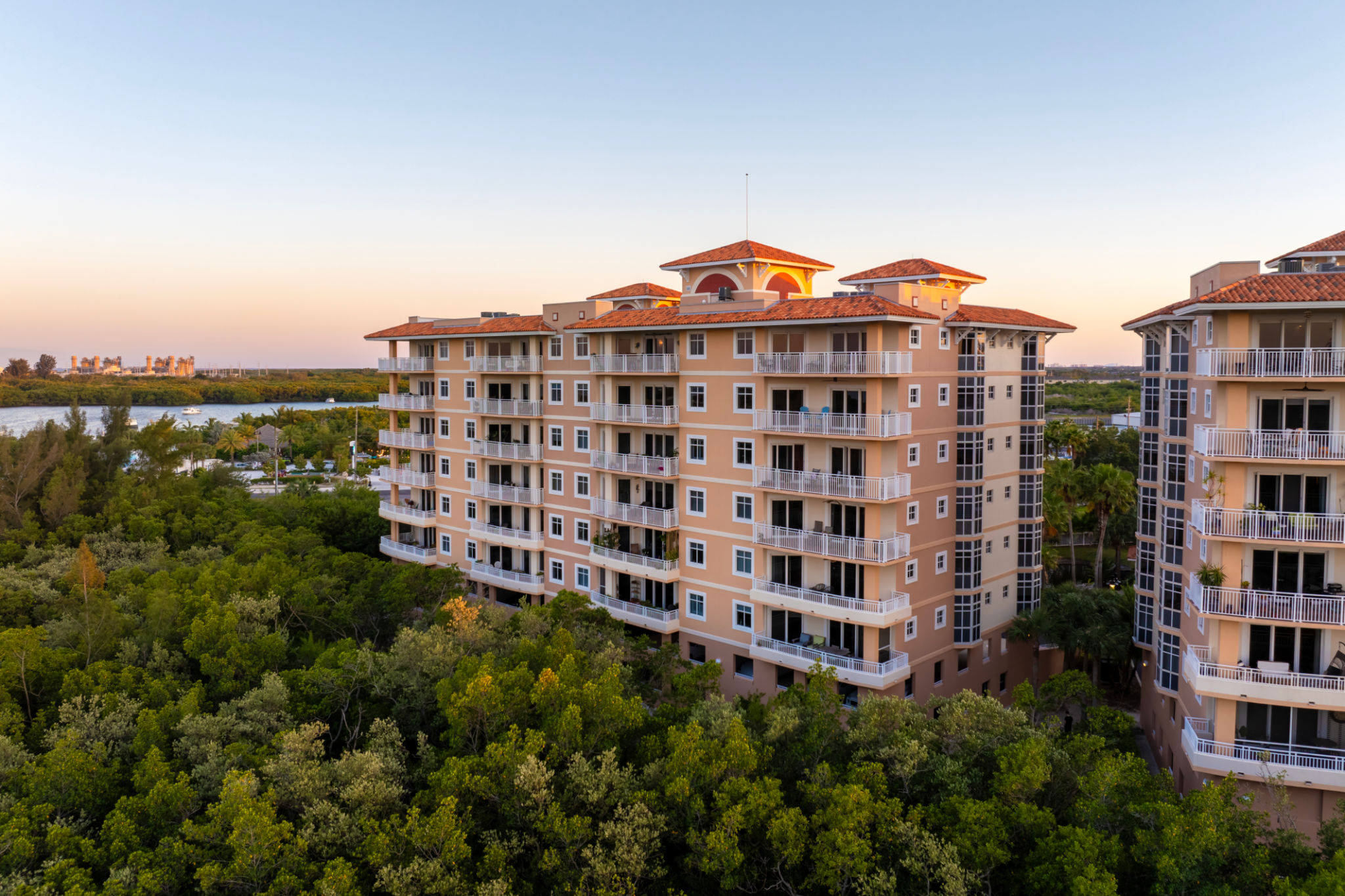The Impact of Local Regulations on Real Estate Investment in St. Petersburg
Understanding Local Regulations
Investing in real estate can be a lucrative venture, but understanding local regulations is crucial to making informed decisions. In St. Petersburg, these regulations play a significant role in shaping the real estate market. Investors must navigate zoning laws, building codes, and environmental regulations that can impact their investment strategies.

Zoning Laws and Their Implications
Zoning laws in St. Petersburg dictate how property can be used. These regulations determine whether an area is designated for residential, commercial, or industrial use. Understanding these laws is essential for investors to ensure their properties are compliant and to avoid potential fines or legal issues.
For instance, purchasing a property in a residential zone with the intent to convert it into a commercial space could lead to complications if the zoning laws do not permit such a transition. Therefore, investors need to conduct thorough research or consult with legal experts to align their investments with zoning requirements.
Building Codes: Safety and Compliance
St. Petersburg's building codes are designed to ensure the safety and integrity of structures. These codes cover aspects such as construction materials, electrical systems, plumbing, and fire safety. Adhering to these codes is mandatory for both new constructions and renovations.

Failure to comply with building codes can result in costly fines and delays in project completion. Investors should work closely with contractors who are familiar with local codes to ensure all developments meet the required standards.
Environmental Regulations
Environmental regulations are becoming increasingly important in real estate investments. In St. Petersburg, these regulations aim to protect natural resources and minimize environmental impact. Investors need to be aware of any environmental assessments required before development can proceed.
Particularly in areas close to water bodies or protected lands, additional permits may be necessary to comply with environmental standards. Ignoring these regulations can lead to significant legal challenges and damage to the investor’s reputation.

Incentives for Compliance
While regulations might seem restrictive, they often come with incentives for compliance. St. Petersburg offers various tax breaks and financial incentives for developers who adhere to sustainable building practices or contribute positively to the community development goals.
These incentives can significantly offset some of the costs associated with meeting regulatory requirements, making it financially beneficial for investors to stay compliant.
The Role of Local Government
The local government in St. Petersburg plays a pivotal role in shaping real estate investments through policy and regulation enforcement. Staying informed about upcoming regulatory changes is crucial for investors to adapt their strategies accordingly.
Regularly attending local council meetings or being part of real estate associations can provide investors with insights into potential changes that could affect their investments. Proactive engagement with local authorities can also aid in smoother project approvals and negotiations.
Future Trends in Regulation
Looking ahead, St. Petersburg may see shifts in regulatory focus as urbanization and sustainability become more pressing issues. Investors should anticipate stricter regulations around energy efficiency and waste management as the city aims to meet its environmental goals.

Staying ahead of these trends will be vital for investors looking to maximize their returns while remaining compliant with local laws.